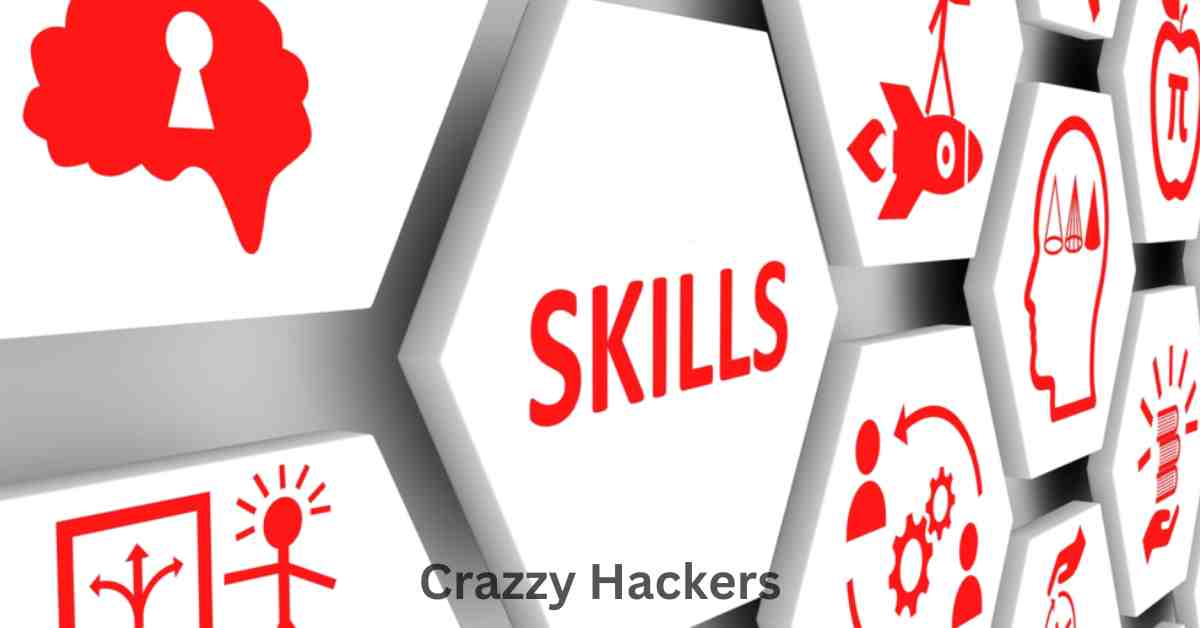Introduction to Skill Improvement
Specific Skill/Set of Skills improvement is an iterative, continual evolution that individuals embark upon to enhance their existing capabilities or acquire new proficiencies. It’s the deliberate commitment to growth, fostering a mindset geared towards personal and professional development.
Understanding the Specific Skill/Set of Skills
Before delving into skill enhancement, it’s imperative to grasp the intricacies of the targeted skill or set of skills. This involves a comprehensive exploration, dissecting its core components, nuances, and practical applications in various contexts.
Researching the Skill
Engaging in thorough research becomes pivotal when aiming to master a skill. This involves studying relevant literature, exploring diverse perspectives, analyzing real-world examples, and fostering a deeper understanding and insight.
Setting Clear Goals
Clarity in goal-setting acts as the guiding light on this journey. Establishing SMART (Specific, Measurable, Achievable, Relevant, Time-bound) goals ensures a structured approach, facilitating effective progress tracking and motivation.
Practical Application and Practice
Application and practice form the backbone of skill enhancement. Regular, deliberate practice in real-life scenarios reinforces learning, allowing for the refinement of techniques and the internalization of concepts.
Utilizing Learning Platforms and Tools
Leveraging an array of learning platforms and tools amplifies the learning experience. Online courses, workshops, interactive modules, and specialized software contribute to a multifaceted approach to skill acquisition.
Seeking Guidance and Mentorship
Guidance from experts and mentors accelerates the learning curve. Learning from those who have mastered the skill provides invaluable insights, personalized advice, and a roadmap to navigate challenges effectively.
Benefits of Learning from Experts and Mentors in the Field
The advantages of learning from seasoned experts and mentors extend beyond mere knowledge acquisition. They offer firsthand experiences, invaluable connections, and guidance honed through practical application.
Overcoming Challenges
Challenges are inevitable yet pivotal in the learning process. Embracing challenges as opportunities for growth fosters resilience and the ability to adapt, ultimately fortifying the skill improvement journey.
Tracking Progress
Regularly monitoring progress is essential to assess growth and identify areas for improvement. Milestones, feedback loops, and self-assessment mechanisms are crucial tools for gauging advancement.
Networking and Collaboration
Networking and collaboration open doors to diverse perspectives and opportunities. Engaging with like-minded individuals, participating in forums, and collaborating on projects foster a rich environment for learning and growth.
Adopting a Growth Mindset
Embracing a growth mindset, wherein challenges are viewed as opportunities and failures as stepping stones, nurtures resilience, creativity, and a passion for continuous improvement.
Staying Updated and Adaptive
In a rapidly evolving world, staying updated is paramount. Continual learning, staying abreast of industry trends, and adapting to new methodologies ensure relevance and competitiveness.
Feedback and Reflection
Actively seeking feedback and engaging in reflective practices cultivate self-awareness and improvement. Evaluating experiences, analyzing outcomes, and incorporating feedback facilitate ongoing refinement.
Balancing Patience and Persistence
Balancing patience with persistent efforts is crucial. Skill improvement often requires time, perseverance, and resilience in the face of setbacks, ensuring steady progress toward mastery.
Conclusion
In conclusion, skill improvement requires dedication, strategic planning, and a commitment to lifelong learning. By embracing challenges, seeking guidance, and fostering a growth-oriented mindset, individuals can navigate this journey, continuously evolving and excelling in their chosen domains.






